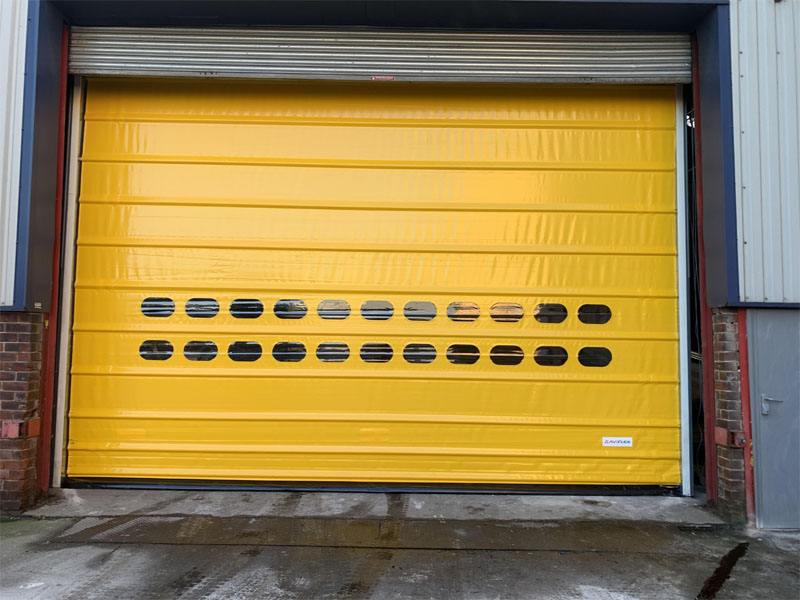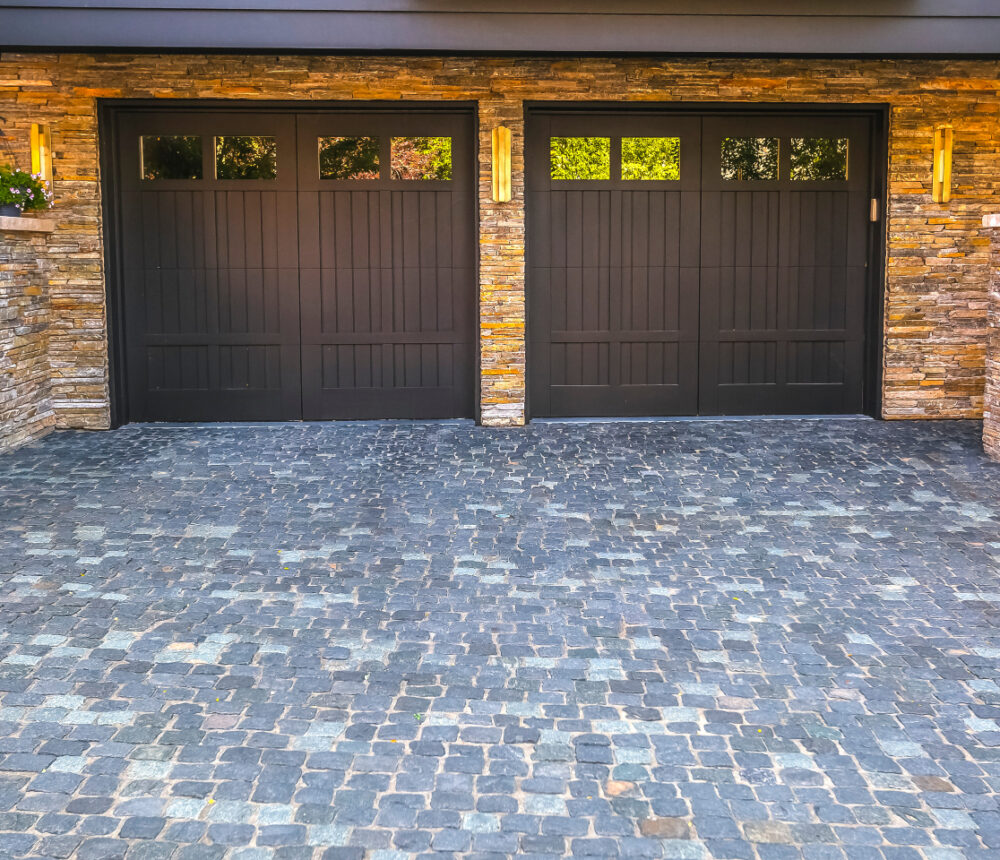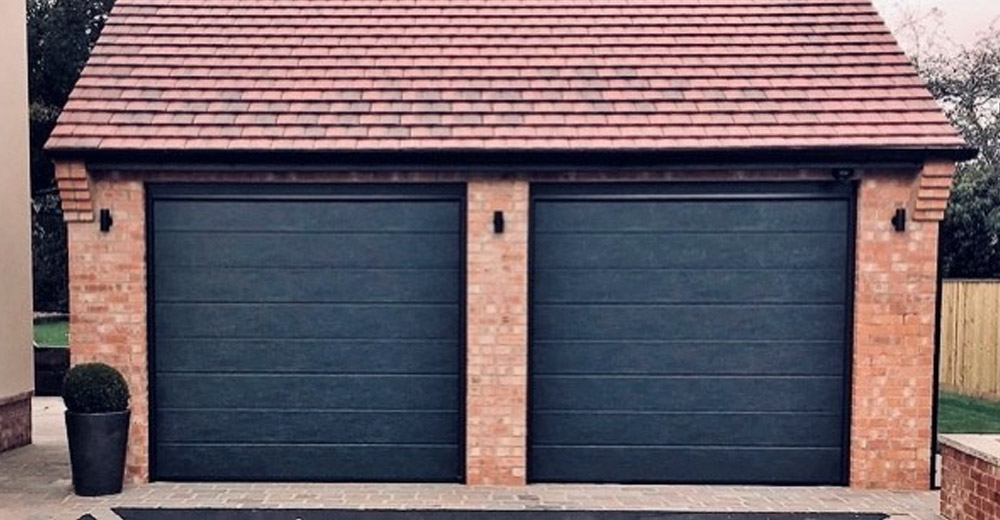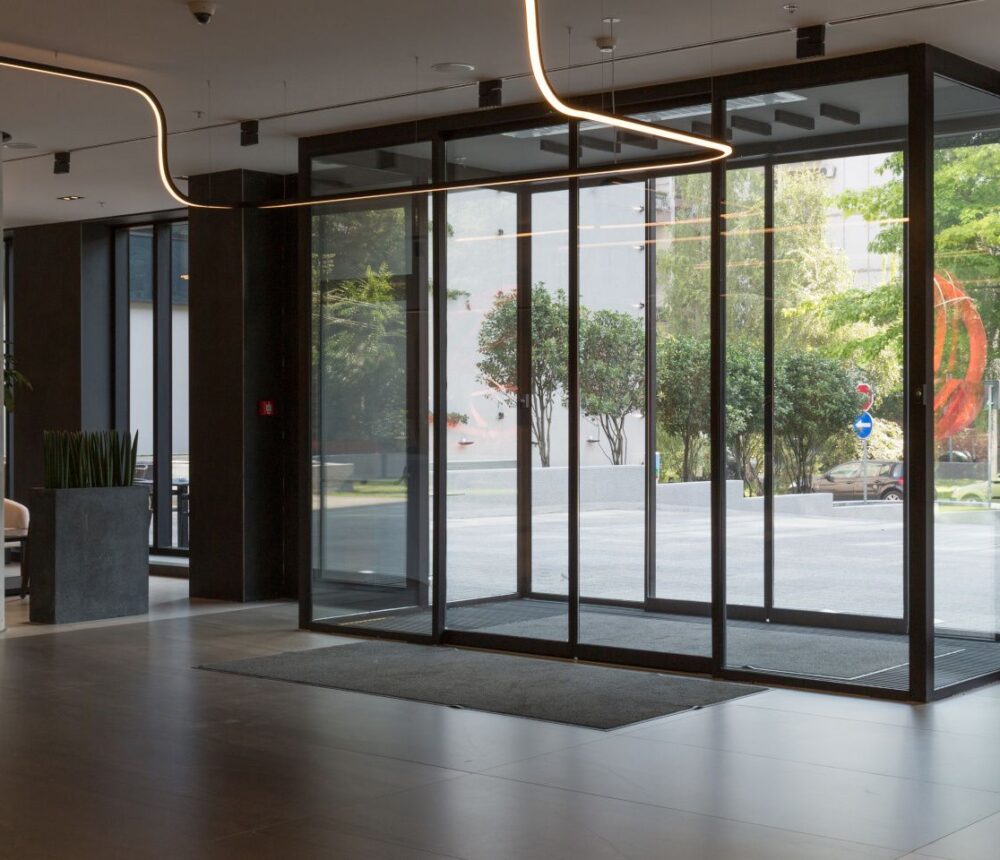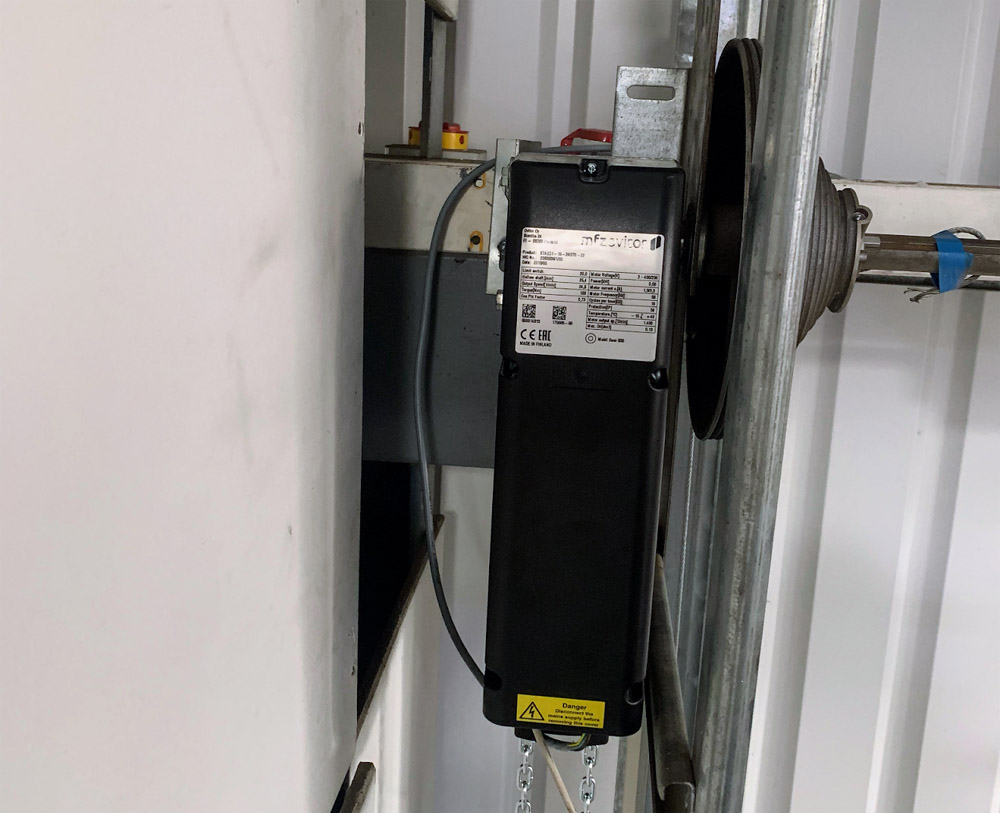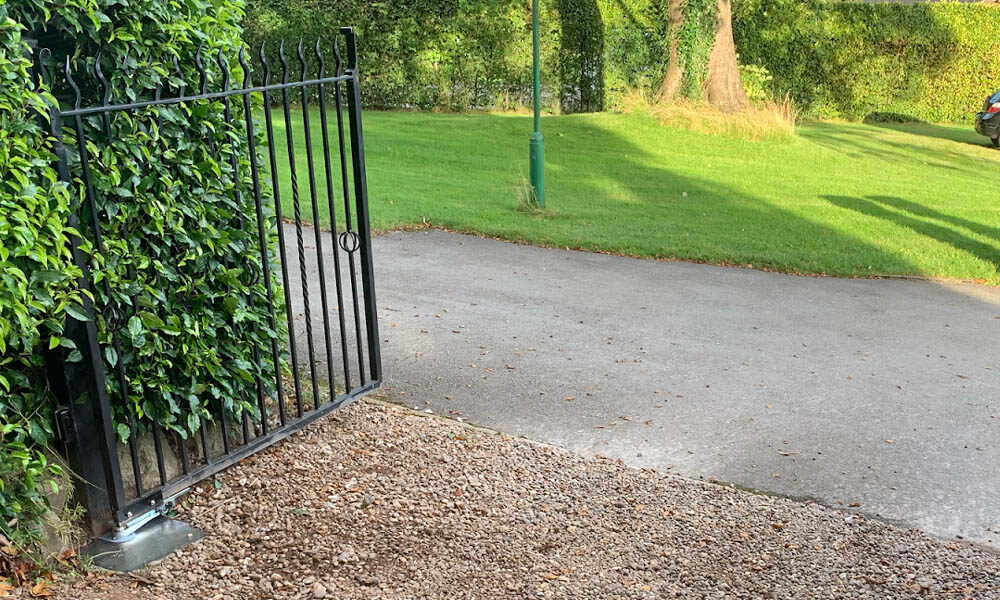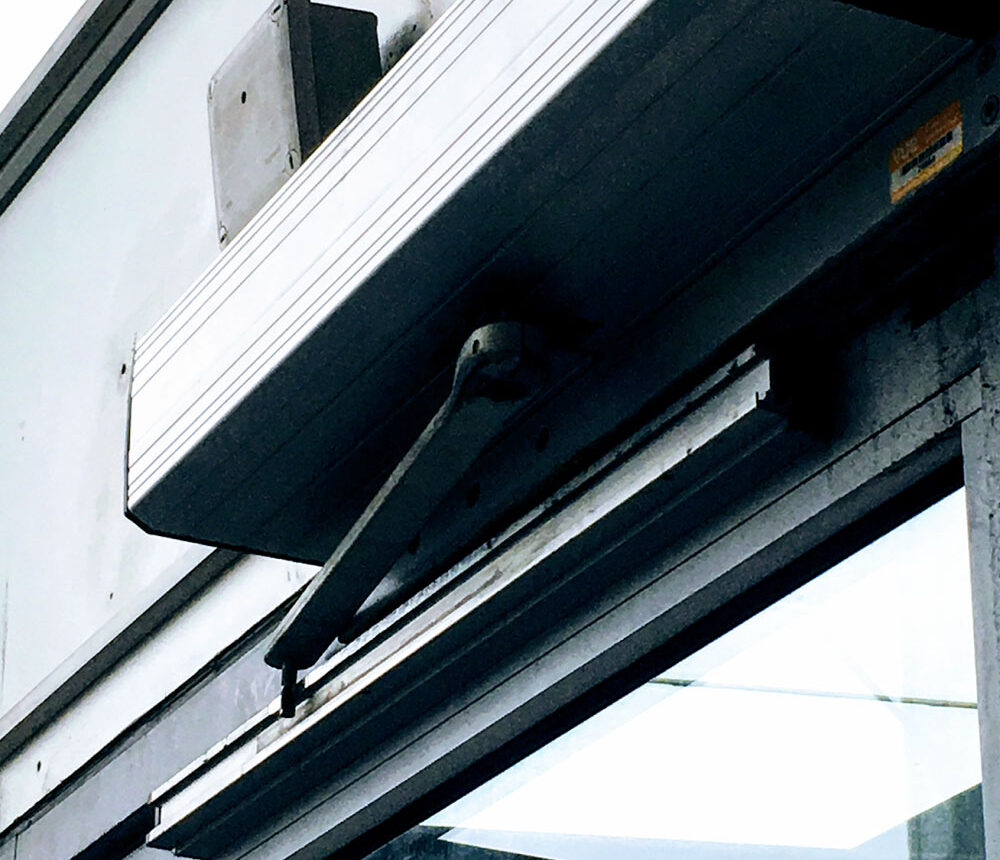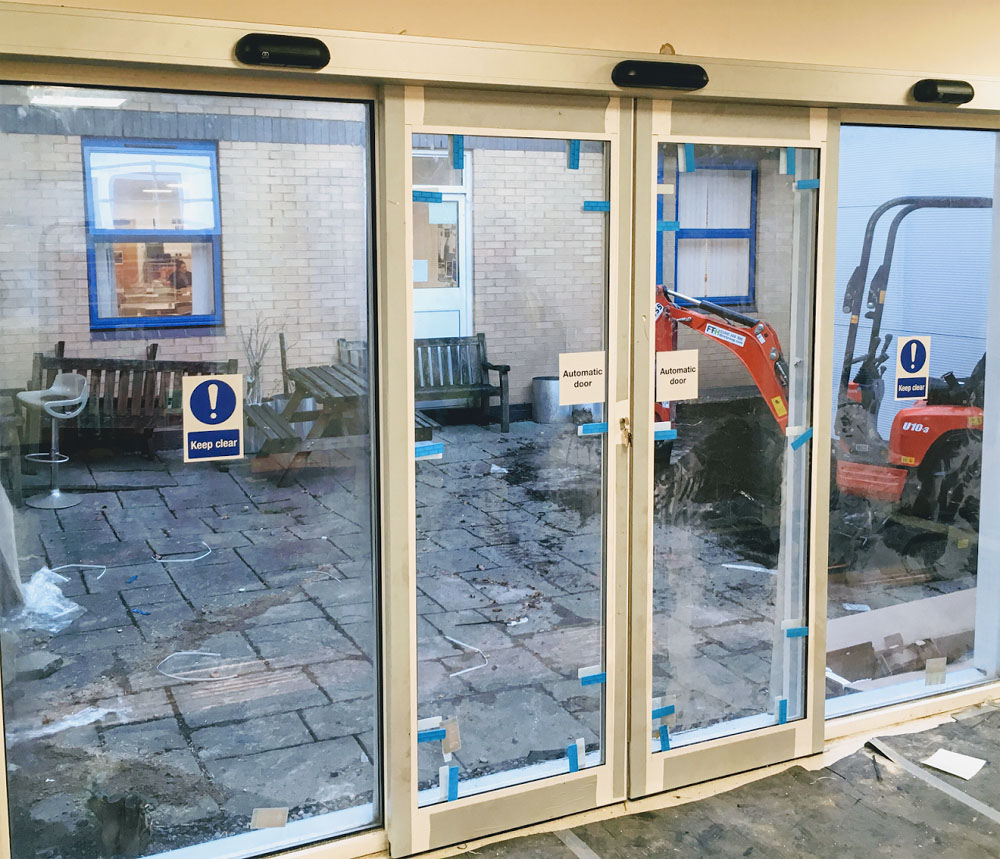The Role of Advanced Door Systems in Emergency Situations
In the modern world, the significance of robust door systems in emergencies cannot be understated.
These systems are not just conveniences; they are vital components of building safety, ensuring quick and orderly evacuations during crises such as fires, security threats, or natural disasters.
Advanced door systems, equipped with features like automated operation, fire resistance, and security enhancements, play a pivotal role in such scenarios, providing both protection and peace of mind to occupants and emergency responders alike.
The term ‘advanced door systems’ encompasses a variety of technologies, including automatic doors, electronically controlled security doors, and fire-rated doors.
Each type is designed to address specific aspects of safety and operational efficiency in emergencies.
For instance, automatic doors can facilitate rapid mass movement, while fire-rated doors help contain fires in certain zones within a structure, potentially saving lives and minimizing property damage.
Types of Advanced Door Systems
Advanced door systems come in several forms, each tailored to specific safety and operational requirements.
Automatic doors, commonly found in commercial settings, are engineered to open swiftly and smoothly to ease the flow of traffic during evacuations.
Fire-rated doors are constructed with materials that can withstand extreme temperatures, thereby compartmentalizing fire and preventing its spread.
Security doors, on the other hand, are fortified to resist forced entry but can be programmed to unlock automatically in an emergency, ensuring no one is trapped inside a building.
The technological sophistication of these doors includes features like delay timers, which hold doors open long enough to allow for evacuation before closing automatically to contain hazards.
Additionally, many systems are integrated with building management systems, receiving signals from fire alarms or security systems to trigger appropriate responses.
This integration is crucial for maintaining an orderly and timely evacuation, and for restricting access to potentially dangerous areas.
Compliance and Standards
Safety standards and building codes heavily regulate the installation and maintenance of advanced door systems to ensure they function correctly in emergencies.
In the UK, standards such as BSEN 16005 dictate the safety requirements for automatic doors, focusing on minimizing injury and ensuring reliability when it matters most.
These regulations are enforced through certifications and regular inspections, which are crucial for upholding the integrity of emergency response strategies.
Membership in professional bodies like the Automatic Door Installations Association (ADIA) further assures that the door systems meet rigorous safety standards.
These associations not only set the criteria for proper installation and maintenance but also offer training and certification for technicians, thereby promoting best practices across the industry.
Compliance with these standards is not just about meeting legal requirements; it’s about ensuring that door systems reliably provide safety and protection during critical moments.
Role in Emergency Evacuations
In an emergency, the functionality of door systems becomes critically important. Advanced door systems are engineered to enhance the efficiency of emergency evacuations, reducing bottlenecks and facilitating a smooth exit for all occupants.
For example, automatic doors equipped with sensors can detect an increased flow of people and adjust their operating speed or remain open longer to accommodate the rush, thus avoiding delays that could prove dangerous during an emergency.
Moreover, these systems can be configured to respond differently depending on the type of emergency. In case of fire, doors may close to contain the fire while others open to routes that lead to safety.
This selective operation helps manage the flow of people, steering them away from danger and towards designated exits, demonstrating the critical role these systems play in disaster management and emergency preparedness planning.
Integration with Security Systems
Advanced door systems often integrate seamlessly with wider security infrastructures, enhancing their effectiveness during emergencies.
This integration includes connectivity to fire alarms, security cameras, and access control systems, allowing doors to operate as part of a coordinated response to threats.
For instance, in the event of a security breach, doors can automatically lock to secure sensitive areas or, conversely, unlock to facilitate a quick evacuation.
The advent of smart technology has further enhanced the capabilities of door systems. Doors can now be controlled remotely via smartphone apps or central management systems, allowing security personnel to manage access points dynamically.
This level of control is crucial not only for everyday security but also for adapting quickly to emergency scenarios, ensuring that doors do not become obstacles to safety but rather facilitate protective measures.
Conclusion
Advanced door systems are indispensable in the architecture of modern safety and emergency preparedness. Their role extends beyond mere functionality; they are integral to the strategies that preserve lives and property in times of crisis.
As technology advances, these systems are becoming more sophisticated, offering greater reliability and integration with other emergency response tools.
It is imperative for organizations to regularly assess and upgrade their door systems to keep pace with current safety standards and technological advancements.
Engaging with experienced professionals like Darby Door Systems ensures that both installation and maintenance meet the highest standards of safety and effectiveness.
Ultimately, the investment in advanced door systems is an investment in safety, security, and peace of mind.

